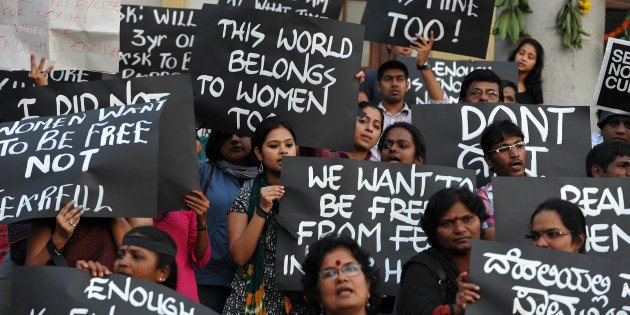By Anya Markovitz, Year 10
The global initiative against sexual violence known as the ‘Me Too’ movement was founded in 2006 by Tarana Burke. Its aim: to help survivors of sexual violence and actively work to prevent similar situations from occurring in the future.
The movement’s recent rise to international attention, brought into the spotlight by the string of sexual assault allegations against Harvey Weinstein, sparked a long overdue discussion. Survivors around the world have stepped forward and shared their stories of sexual abuse, including celebrities such as Lady Gaga, Reese Witherspoon, and Terry Crews.
While the ‘Me Too’ movement has had a significant impact in an array of countries, India has had difficulty in progressing the interruption of sexual violence. The manifestation of the movement in India has been taking place within the Bollywood industry as well as government and media.
The hashtag #MeToo spread quickly throughout the U.S. after actress Alyssa Milano spoke out after her sexual abuse experience against Harvey Weinstein, and it didn’t take long for the initiative to spread to the second most populated country in the world. Sparked by actress Tanushree Dutta, who shared her story of sexual violence against actor Nana Patekar, it looked like the movement could disrupt the almost normalized chain of unwarranted sexual advances in India. However, the country’s own statistics reveal the chilling truth that #MeToo has barely caused a commotion in India.
Several shocking statistics emerged from studies on sexual violence in the country in 2016. Reported cases of crime against women rose 83 percent between 2007 and 2016, shown by government data, including four cases of rape per hour. Other unsettling surveys from 2016 show that a woman was raped every 13 minutes, six women were gang-raped every day, and 19 women were attacked with acid per month. Rape, harassment, and violence against women had risen because of the increase of cases being reported, initiated by public awareness and anger generated by the #MeToo movement.
Although there is a law in place to prevent sexual harassment in the workplace in India, this does not apply to the streets and households. India is looking to strengthen sexual violence laws as the government searches for ways to address the frequent harassment experienced by women living in India. Provoked by both complaints from women of experiencing abuse and accusations that the existing laws are inefficient, tackling sexual violence is a necessary and long overdue step for India, with 79% of women suffering from a form of harassment in public.
These horrifying counts of sexual and violent crimes against women show that the numbers are far from abating in India. But it reveals the reality that women in lower economic areas, uneducated, and poverty-stricken countries have not been affected by the #MeToo campaign. Its ineffectiveness for women living in parts of the world like India truly brings the question to light: what can we do, beyond a hashtag, to tackle the long-standing issue of sexual abuse?



